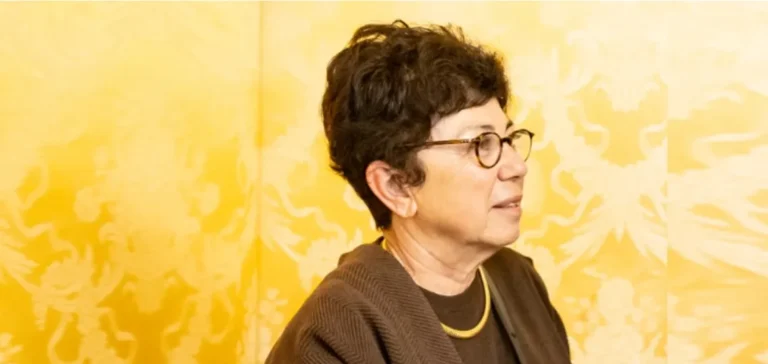Minister for the Ecological Transition Monique Barbut stated that France’s energy model must be based on a combination of civil nuclear power and renewable energy sources, rejecting accusations of hostility towards nuclear. Speaking during a hearing at the National Assembly, she explained that energy supply security cannot be guaranteed by relying on a single technology.
“I believe that our energy system needs both legs to walk: renewables and nuclear,” she declared before the Sustainable Development Committee. She was responding to criticism from deputy Sébastien Humbert of the Rassemblement National, who cited her former leadership at WWF France to accuse her of anti-nuclear positions.
An expanded approach to energy production
Monique Barbut defended the idea of a diversified system, citing wind, solar, hydropower and geothermal energy as essential components of the energy mix. “It is impossible to rely on a single energy source if we want to maintain our energy sovereignty,” she said, calling for all options to be developed.
Appointed on October 13 as Minister for the Ecological Transition, Biodiversity and International Climate and Nature Negotiations, she holds her first government position after a career in the French and international civil service. At 69, she identifies as a member of civil society motivated by conviction.
Budgetary pressures and political trade-offs
The 2026 draft finance bill, criticised by several left-wing deputies for what they see as insufficient funding, was also discussed. The minister acknowledged that the proposed budget had not been drawn up by her team, but described it as a “black-and-white dream” in light of the current economic climate. She called on MPs to turn it “into colour”.
She also emphasised the structural role of the State in the energy transition, stating that the government is not a direct funder but a regulator responsible for setting the rules that guide private and public investment towards appropriate energy pathways.
Government positioning and political message
Monique Barbut recalled that her participation in the government is rooted in a desire to act for a “concrete and accessible” environmental policy, without opposing ecological goals to social priorities. She cited extreme weather events and accelerating glacier melt as urgent signals, while refraining from using these observations as activist rhetoric.
“There is a path to a practical, everyday ecology that is accessible to the French,” she affirmed, reiterating her commitment to aligning energy efficiency, social equity and industrial coherence.






















